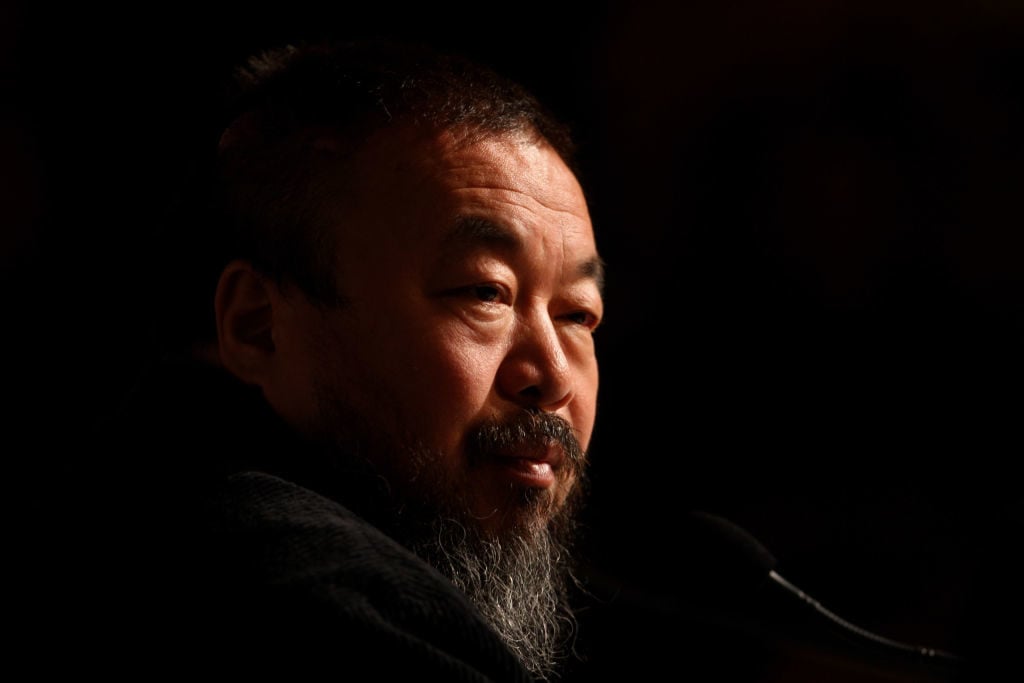Art & Exhibitions
Censors Remove Ai Weiwei From Shanghai Show, Leaving Uli Sigg Powerless
The artist's works and name were removed from a show at the Power Station of Art.

The artist's works and name were removed from a show at the Power Station of Art.

Although Ai Weiwei was a founding, three-time jurist for the Chinese Contemporary Art Award, and was recognized for his a lifetime contributions by the organization in 2008, he is conspicuously absent from a Shanghai exhibition celebrating the award’s 15th anniversary, due to pressure from cultural officials in the Chinese government.
Organized by Uli Sigg, the Swiss collector of contemporary Chinese art who founded the awards in 1998, “15 Years Chinese Contemporary Art Award” features roughly 50 works from more than a dozen recipients of the prize. As originally envisioned, the exhibition included Ai’s well-known porcelain sunflower seeds and one of his wooden stools.
The Power Station of Art, a state-owned museum, negotiated with cultural officials, but ultimately determined that Ai’s work would not go on display.
While Sigg was disappointed, there was little he could do to change the unfortunate outcome. “In the end it was the Power Station and the cultural bureau,” he told the New York Times. “We don’t understand but we must accept that his works will not be in there.”
Additionally, museum workers removed Ai’s name from the list of the award’s past winners and jury members, which appear on the exhibition walls. Sigg only learned of the additional censorship moments before the show, and though he was tempted to stop the opening, he felt powerless to change the outcome. In his opening remarks, Sigg mentioned that one artist could not be included in the show, a comment that he claims was not translated.
Ai’s clashes with the Chinese government are well-known, from the demolition of his Shanghai studio to his 81-day detention in 2011. The dissident artist has been vocal in his criticism of the government, particularly regarding issues of censorship and the 2008 Sichuan earthquake, which killed many schoolchildren.
In speaking with the Times, Ai drew a parallel between the censorship in Shanghai and his recent protest of a short sci-fi thriller film for using him to promote the project. “I’ve been very involved in Chinese contemporary art, one of the first to make a gallery, make a studio, make underground books,” he said. “And here my name is erased. On the other hand you have a movie done by a Western person, that I was not so involved in, and they use my name like this. It’s funny when you put these things together.”